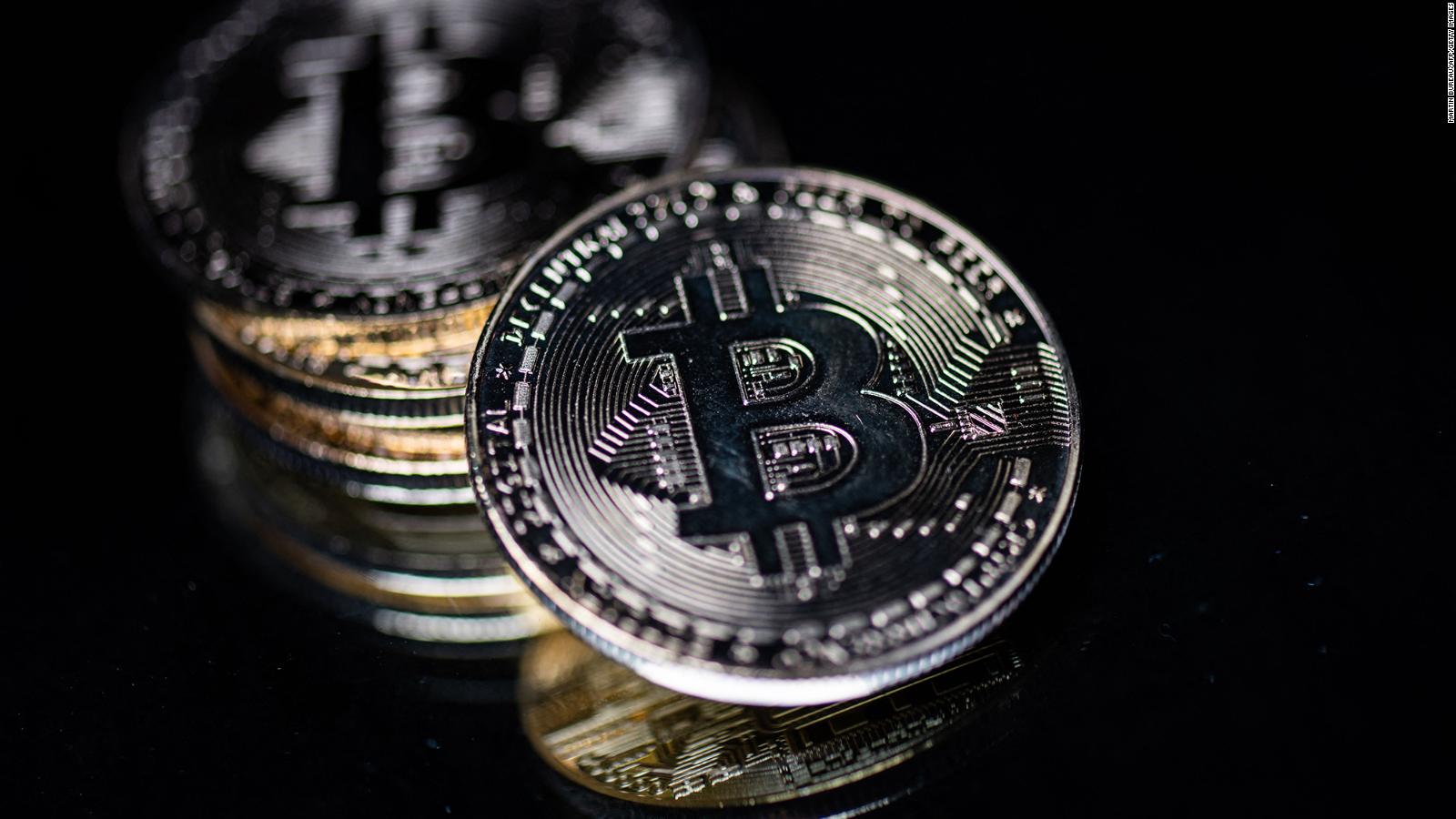Russia prepares for sanctions for its actions in Ukraine 0:57
New York (CNN Business) --
The West's initial round of financial sanctions against Russia have failed to deter President Vladimir Putin from launching a full-scale invasion of Ukraine.
Now the United States is taking a punitive approach, announcing another round of sanctions aimed at increasing pressure from Russian banks and "corrupt billionaires."
But some experts say those measures, so far not targeted at Putin himself, are becoming increasingly easier to circumvent, thanks in part to a surge in cryptocurrency adoption in Russia.
War Russia - Ukraine: last minute and news of the attack and invasion live
US and European Union sanctions rely heavily on banks to enforce the rules.
If a sanctioned company or person wants to carry out a transaction denominated in traditional currencies such as dollars or euros, it is the responsibility of the bank to mark and block those transactions.
But digital currencies operate outside the realm of standard global banking, with transactions recorded on a public ledger known as the blockchain.
"If the Russians decide, and they already are, I'm sure, to avoid the use of any currency other than cryptocurrency, they can avoid virtually all sanctions," said Ross S. Delston, an anti-money laundering expert. money.
advertising
The US Treasury is well aware of this problem.
In an October report, officials warned that digital currencies "potentially reduce the effectiveness of US sanctions" by allowing bad actors to hold and transfer funds outside of the traditional financial system.
"We are aware of the risk that, if left unchecked, these digital assets and payment systems could harm the effectiveness of our sanctions."
As Exhibit A, look no further than Eastern Europe, which has one of the highest rates of crypto transactions associated with criminal activity, according to research by Chainalysis.
Websites used for illicit transactions known as darknet marketplaces generated a record $1.7 billion worth of cryptocurrency in 2020, most of it in bitcoin.
And almost all of the growth in the
darknet
market that year can be attributed to a specific Russian-language-only market called Hydra.
Hydra is "by far the largest
darknet market in the world, accounting for more than 75% of worldwide
darknet
market revenue
in 2020," Chainalysis wrote in a report earlier this month.
Of course, evading penalties isn't as easy as dumping all your dollar-denominated funds into bitcoin.
It's hard to buy anything with cryptocurrencies, especially big things, says Delston.
Take, for example, food, which Russia has historically imported.
"Will a food exporter somewhere in the world accept cryptocurrencies that fluctuate every day, every moment of every day, or will they want the world's reserve currency, US dollars?"
Biden imposes additional sanctions on Russia for the invasion of Ukraine: "Putin chose this war"
Another complication: The oil trade, which makes up a large part of Russia's economy, is denominated in US dollars.
To use cryptocurrency to buy anything, you must have an outlet to a government-issued currency, like the dollar, Delston says.
"It's not a complete solution for the Russian oligarchs," he says, because bitcoin and other cryptocurrencies can be traced on the blockchain.
It is more difficult, although not impossible, to launder those funds due to the blockchain.
There are other ways that Russia could, at least in theory, mitigate the pain of sanctions by taking a page out of Iran's playbook.
Like Russia, Iran is an oil-exporting country and has remained under a decades-old near-total economic embargo by the United States, which includes bans on all imports and sanctions on Iranian financial institutions.
But even as a rogue state, Iran has figured out how to ease some of the sanctions by turning to bitcoin mining, according to a report by analytics firm Elliptic.
Iran has a surplus of energy that it cannot export, so it is using it to power bitcoin mining, which consumes huge amounts of electricity but rewards miners with payments in bitcoin.
"The mining process effectively converts energy into cryptocurrency," writes Tom Robinson, co-founder of Elliptic.
“Iran-based miners are paid directly in Bitcoin, which can then be used to pay for imports,” something Elliptic says has become official policy within the Iranian government.
Elliptic estimates that Iran-based miners account for about 4.5% of all bitcoin mining, which would translate to annual revenues of close to $1 billion.
Global stocks plunge as Russia invades Ukraine 2:39
Conflict Russia - Ukraine

